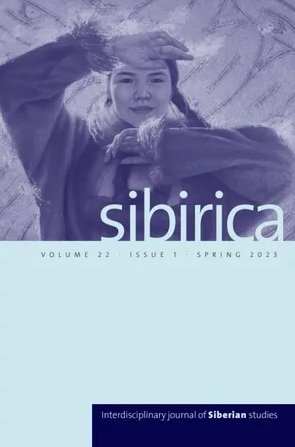Climate Justice and Intersectionality in the Arctic
By Doris Friedrich (2023), in Sibirica
Abstract
Environmental issues such as climate change benefit from intersectional analysis that uncovers various forms of discrimination and oppression and explores links to other social issues. Intersectionality calls attention to the experiences of different population groups with several intersecting aspects of social identity. Climate justice addresses the ethical dimensions of climate change, including its discriminatory effects. Communities and individuals within Arctic countries and even within Arctic regions are affected differently by climate change. To strive for a comprehensive climate justice that encompasses various human and non-human entities, we must take into account who benefits and who is harmed by climate change along with actions to mitigate and adapt to it, and through which processes. In this article, I examine gender and Indigeneity in the Arctic with regard to climate change.

